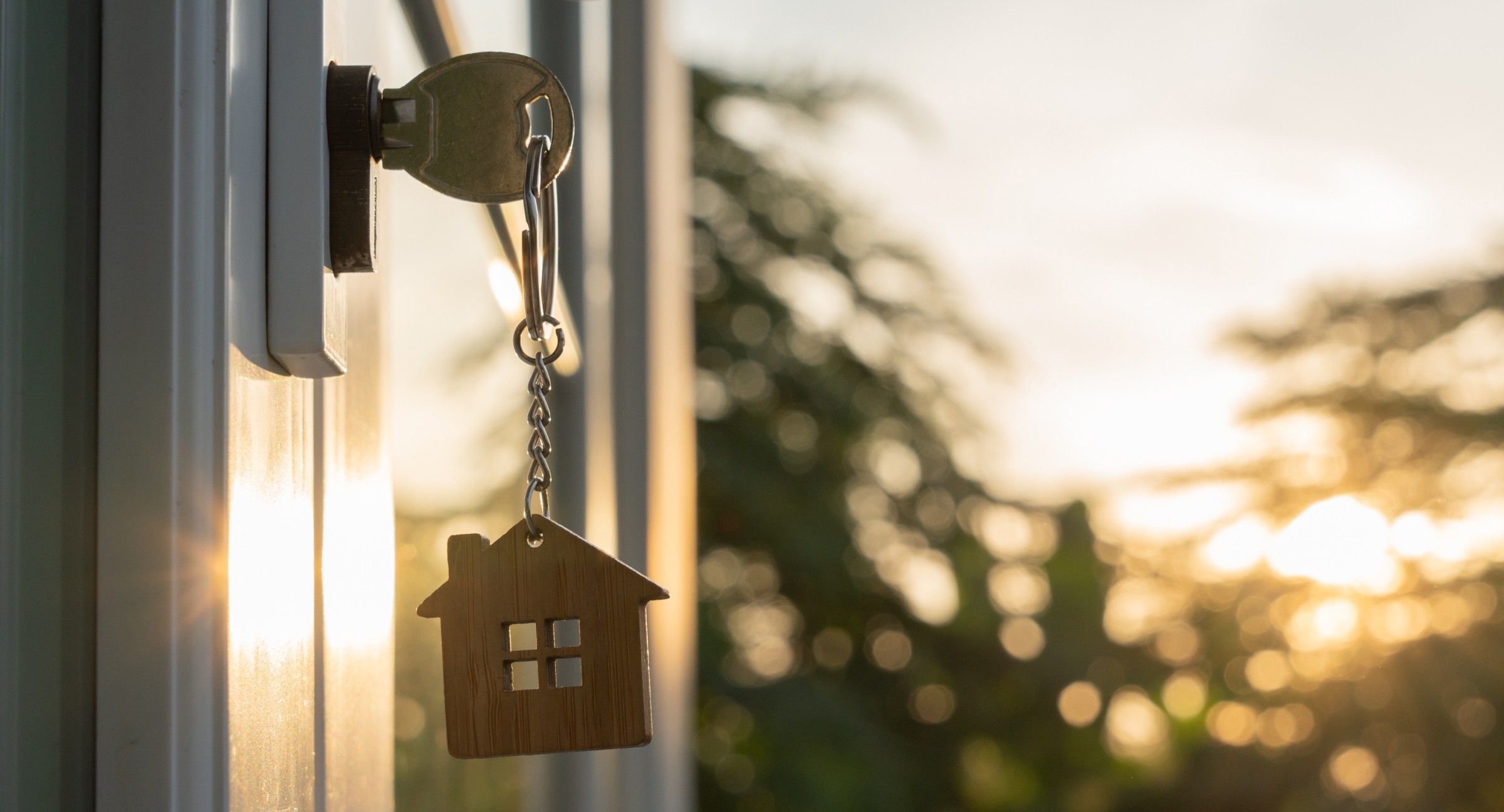
Saving up for a down payment can feel daunting, especially in a real estate market characterized by soaring home prices and high interest rates. As a result, many potential home buyers find themselves questioning whether homeownership is within their grasp.
If this sounds familiar, don’t be discouraged. There are still plenty of ways to buy a house with little to no money down.
VA Loans
VA home loans offer several advantages over conventional loans, and one of the biggest perks is that they typically don't require a down payment. If you're a qualifying veteran, active-duty service member, or eligible surviving spouse, a VA loan may provide a pathway to homeownership—without having to put any money down!
And this is just the tip of the iceberg. Additional benefits include lower interest rates, no private mortgage insurance (PMI) requirements, more lenient credit criteria, and default assistance.
USDA Loans
USDA loans are an excellent option for first-time homebuyers residing in rural areas. These loans are highly sought after because they allow the entire purchase price of the home to be financed by the federal government, eliminating the need for a down payment.
To be eligible for a USDA loan, applicants must:
1. Maintain a credit score of at least 640
2. Demonstrate a stable income
3. Have an adjusted household income that is equal to or below 115 percent of the area median income
4. Purchase a home located in a qualified rural area
FHA Loans
Unlike some other loan programs, FHA loansdo require a down payment – although a relatively low one. With a down payment requirement of just 3.5 percent of the purchase price, FHA loans open doors to homeownership for a wide range of borrowers, including those with lower credit scores.
To qualify for an FHA loan, borrowers must:
1. Show a minimum credit score of 580. Borrowers with lower scores may still be eligible with a higher down payment.
2. Have a debt-to-income ratio of no more than 57 percent, depending on the lender.
3. Demonstrate a stable employment history.
4. Occupy the residence full-time.
Private Lenders
While it is less common for private lenders to offer zero down-payment options, some still do. But there are a few downsides, including:
1. Higher Interest Rates: Lenders may compensate for the lack of a down payment by charging higher interest rates.
2. Little Equity: Without a down payment, you start with little to no equity in your home. If the housing market experiences a downturn, you may find yourself owing more on your mortgage than the value of your property.
3. Stricter Qualification Criteria: Zero down-payment loans may have stricter qualification criteria, such as higher credit score requirements or stricter income and debt-to-income ratio guidelines.
Right Start Mortgage: Your Mortgage Experts Since 1989
Contact our expert mortgage advisors for more information. Whether you’re looking to buy or refinance your home, we’re here to help. Get started today by requesting a free personalized rate quote.